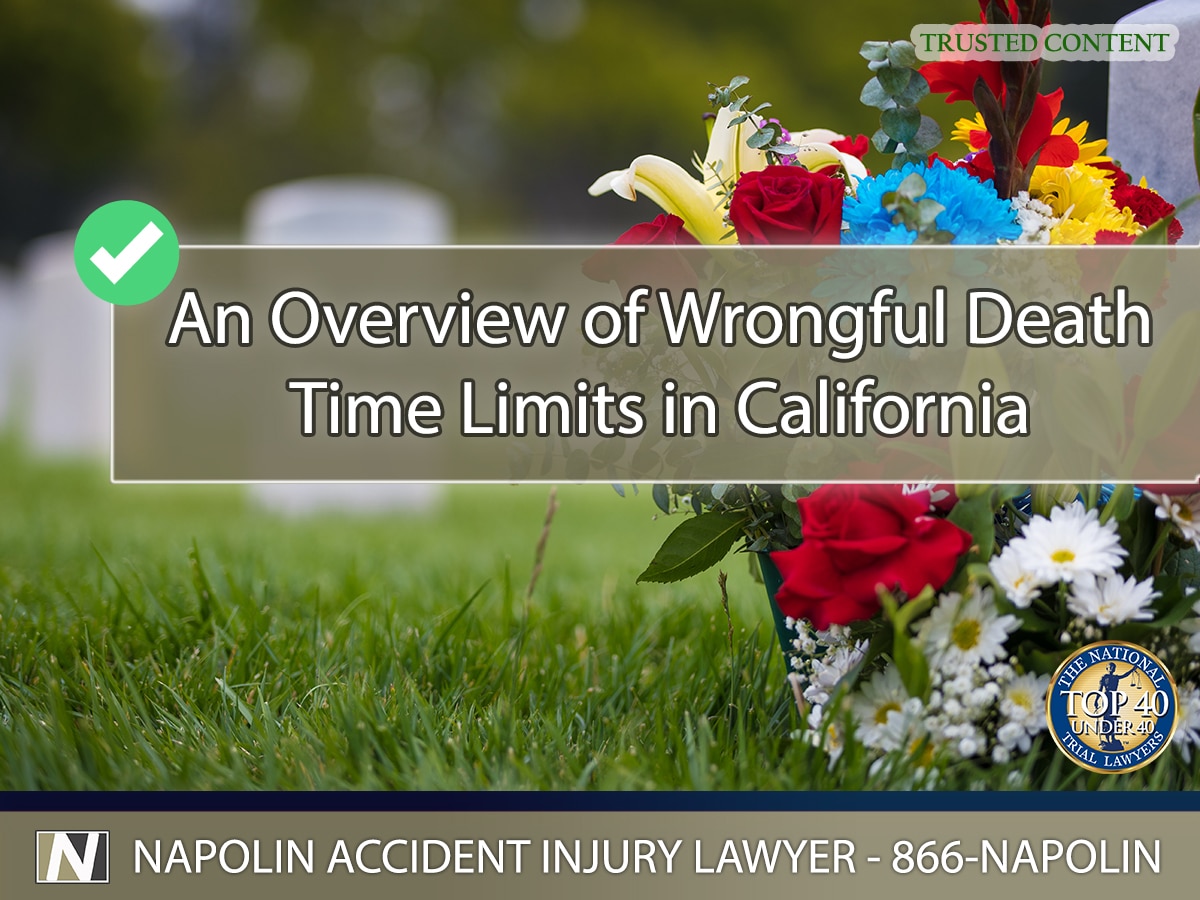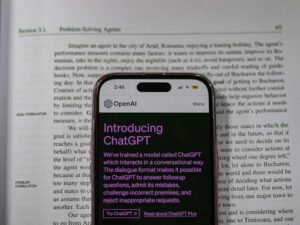Austrian Copyright Legislation & Movies: No safety of mere movie concepts – Cyber Tech
The Austrian Supreme Court docket (hereinafter: “ASC”) dominated on nineteenth of December 2023 (4 Ob 112/23h) in a case regarding the 2019 movie “Yesterday”. The Plaintiff alleged that the movie infringed its copyright in a brief screenplay concept printed in 2011.
The First Defendant distributes the movie “Yesterday” to Austrian cinemas. The Second Defendant is answerable for the usage of the rights to this movie within the Austrian video market. As regards the content material of the movie, the ASC explains that initially the principle character, a beforehand unsuccessful musician, discovers that he’s the one one who is aware of the Beatles and their songs. He passes them off as his personal and thus rises to world stardom.
Again in 2011, the Plaintiff printed a textual content with the title “Right here comes the solar” on the web site “Make’n Motion pictures”, through which an insignificant musician finds himself in a world through which the Beatles by no means existed. He turns into a star through the use of their songs, which everybody believes he wrote. On the finish, he fears being murdered like John Lennon.
The Austrian Decrease Courts denied infringement of the Plaintiff’s copyright.
The Plaintiff’s Extraordinary Enchantment to the ASC remained unsuccessful:
“Works” throughout the that means of Part 1 of the Austrian Copyright Act are mental creations within the fields of literature, sound artwork, visible arts and cinematography. The thing of copyright safety shouldn’t be the thought (concept) underlying the work as such, however solely the non-public bodily shaping of the concept. Primarily based on the basic precept of this idea-expression dichotomy, mere concepts, together with movie concepts, are usually not protected by the Austrian Copyright Legislation.
The ASC based mostly its determination on the next details: The Plaintiff’s “movie concept” laid down in his textual content “Right here comes the solar” basically consists of a musician in a fantasy world passing off the Beatles’ works as his personal and thus attaining fame. The Defendants had proven to the courts that related concepts had already been utilized in earlier works comparable to “Jean-Philippe” or “I’m a Beatle”. Alternatively the Plaintiff may set up earlier than the courts that he was not conscious of those publications and argued that the movie “Yesterday” was a tailored replica of his textual content “Right here comes the solar”.
The ASC discovered that the Plaintiff’s textual content lacked originality. Consequently, the ASC dominated that the decrease courts justifiably denied it the standing as a piece when it comes to Part 1 of the Austrian Copyright Act.
Moreover, the ASC dominated that within the current case – other than the shortage of inventive originality of the Plaintiff’s textual content – the plot of the Movie distributed by the Defendants deviated significantly from the Plaintiff’s half-page textual content in query: Whereas within the Plaintiff’s script the principle character fears being murdered on his 40th birthday identical to John Lennon, the rock’n’roll comedy “Yesterday” offers with the principle character’s battle with constructing a star profession on plagiarism on the worth of breaking apart a love affair.
Notice by the creator of the weblog publish:
The concept-expression dichotomy may be very apparent relating to most works. The concept of an unpainted portray, an unwritten novel, a non-taken photograph, and so forth. shouldn’t be protected beneath copyright. Nonetheless, with regards to movies as works, it’s the amalgamation of pre-existing, emergent in the middle of filming and created in post-production items of the “work product” that every one collectively result in the copyright protected work. The Plaintiff likely supposed to implement the copyright of his textual content moderately than of an concept. Nonetheless, the ruling of the ASC was that not even his half-pager textual content was a copyright protected work.
On this context it turns into apparent that it’s every-day enterprise in movie manufacturing to guage whether or not a pre-existing work is exploited by a movie or if a movie concept is merely used as inspiration. The sensible relevance of this distinction is demonstrated by the recognition of sequels and prequels. Whereas such works may very well be thought of as taking up the mere movie concept and due to this fact not topic to afuthorisation, it’s the basic opinion in Austria that sequels and prequels are variations which require the authorisation of the fitting holders of the unique movie. Remakes, i.e. the re-filming of a movie materials, present how troublesome the excellence is in follow and what authorized implications it has on the individuals concerned: whereas the screenwriter is granted rights over “remakes”, this isn’t usually the case for the director of the unique movie. It is because a “remake” usually doesn’t draw on the cinematic design of the unique movie, however “solely” on the pre-existing screenplay or ebook on which it’s based mostly and which it reinterprets on movie.
The choice by the ASC at its core issues the next questions: Is the movie “Yesterday” an exploitation of the pre-existing “brief screenplay” thus requiring authorisation? Or was the Plaintiff’s textual content not a piece in any respect? If it was a piece, was there an exploitation of the textual content by means of the movie? The ASC answered all questions within the damaging: Specifically, on the premise of the findings that related concepts had already been utilized in earlier works and that the textual content was merely a half-pager, the ASC dominated that the summary primary concept underlying a movie doesn’t get pleasure from safety and the “brief textual content” doesn’t have any individuality which may justify copyright safety.
From the standpoint of movie manufacturing follow, this result’s solely partially clarifying: It can’t be dominated out that the ASC would have determined otherwise if it had not been a half-page textual content at problem however a novel and/or if there had not already been earlier works with the same plot. Due to this fact, the end result stays unsatisfactory in follow: As so usually within the lifetime of a lawyer – all of it depends upon the general circumstances of the person case!



